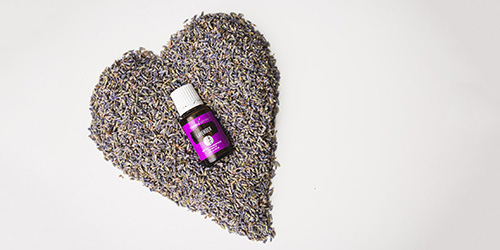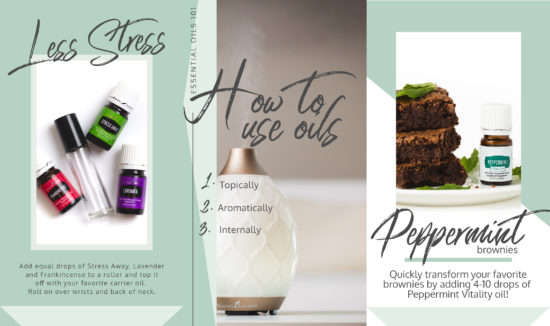I know first hand how hard it is to get to classes. I have 5 kids and sometimes in order to get educated on a subject I need catch it on-line. Start with the 101 Class (given by Sarah Harnisch), then go right down the line. The first two classes will give you the basics on essential oils and show you how to kick those toxins to the curb. The 103 class on NingXia Red is a game changer for sure. The 104 class on CBD dives right into SMARTSpectrum CBD to give you the optimal results. If your furry friends need support, make sure you listen to that audio class! There is also a Beauty School Virtual Class for you to tap into. If you like what you hear and want to get started, click on GETTING STARTED or contact me at 321-438-3237. Enjoy!
101 CLASS: INTRO TO ESSENTIAL OILS
102 CLASS: TOXIN FREE LIFE
103 CLASS: NINGXIA RED
104 CLASS: CBD
105 CLASS: SUPPLEMENTS
PETS AND ESSENTIAL OILS AUDIO CLASS
BEAUTY SCHOOL VIDEO CLASSES
https://oilabilityteam.com/beauty-school/
If you can’t make it to a class or listen to the 101 audio class (accessible above) you MUST ask these questions before you start using any essential oil brand.
12 Questions to Ask an Essential Oil Representative or Company
1. Does their company own any farms on which to raise herbs for oils? And if they do, are they new farms on land formerly polluted with herbicides, pesticides, and chemicals that contain residuals from the past, or are they farming land that is clean, which has never been cultivated or has been untilled for at least the last 50 years?
2. Does their company have their own fully equipped testing laboratory to verify an oil’s composition?
3. Do they have anyone on staff with a trained nose who can analyze oils by their smell? (There are less than 200 people in the world with noses sufficiently trained to discern the chemistry of a fragrance.)
4. If their company purchases oils from outside suppliers, do they visit the distilleries and farms of those suppliers periodically to observe if the herbs are grown organically, i.e. without pesticides, herbicides, or chemical fertilizers?
5. Do they know if the grower has a testing laboratory on the farm to determine when the crop is at its peak for oil harvesting?
6. Do they know if the crops were actually harvested at their peak time and, if so, was there an inordinate delay in taking them to the still and into the cookers?
7. Do they know if their distillery personnel understand the art and science of distilling, exactly how to pack the cookers, how to administer the steam, how to maintain minimum temperatures and pressures throughout the cooker, and how to continuously monitor the process throughout distillation to make sure the oil produced contains all of its components in the proper proportions?
8. If their supplier makes a mistake in the distillation or harvesting processes that results in an inferior grade of oil, does that supplier sell the oil anyway or do they discard it?
9. Do they know if the the cookers in the distilleries of their suppliers have domed lids or cone shaped lids? Most stills use dome-shaped lids. Cone topped cookers deliver a better grade of oil than dome tops.
10. Do they know if their suppliers supplement the distillation process with solvents to extract additional oil from the plant matter?
11. Do they know if their suppliers bottle their oils directly from the distillery without modifying the composition of the natural oil by adding anything or taking anything away?
12. Do they know if their company has tested their company’s oils side by side with Young Living oils in the same lab to make a fair comparison? And if so, where is the data?


